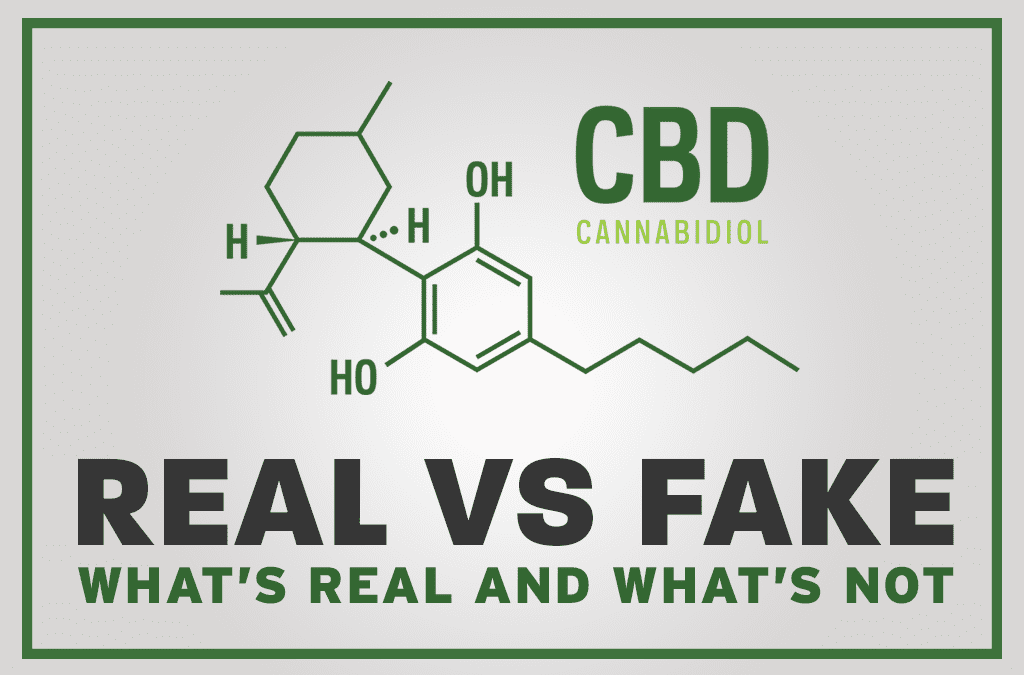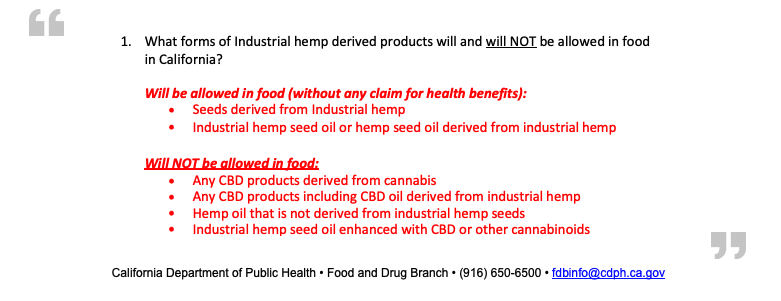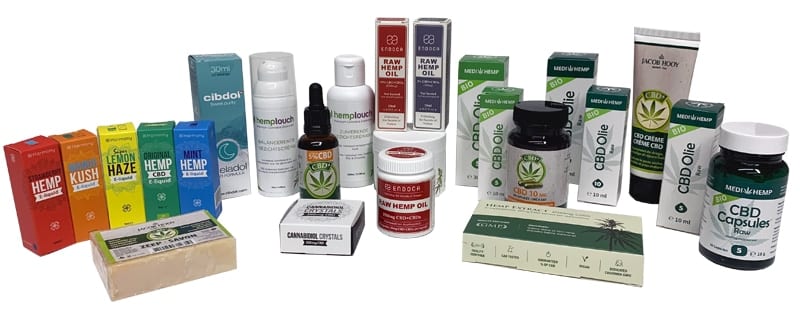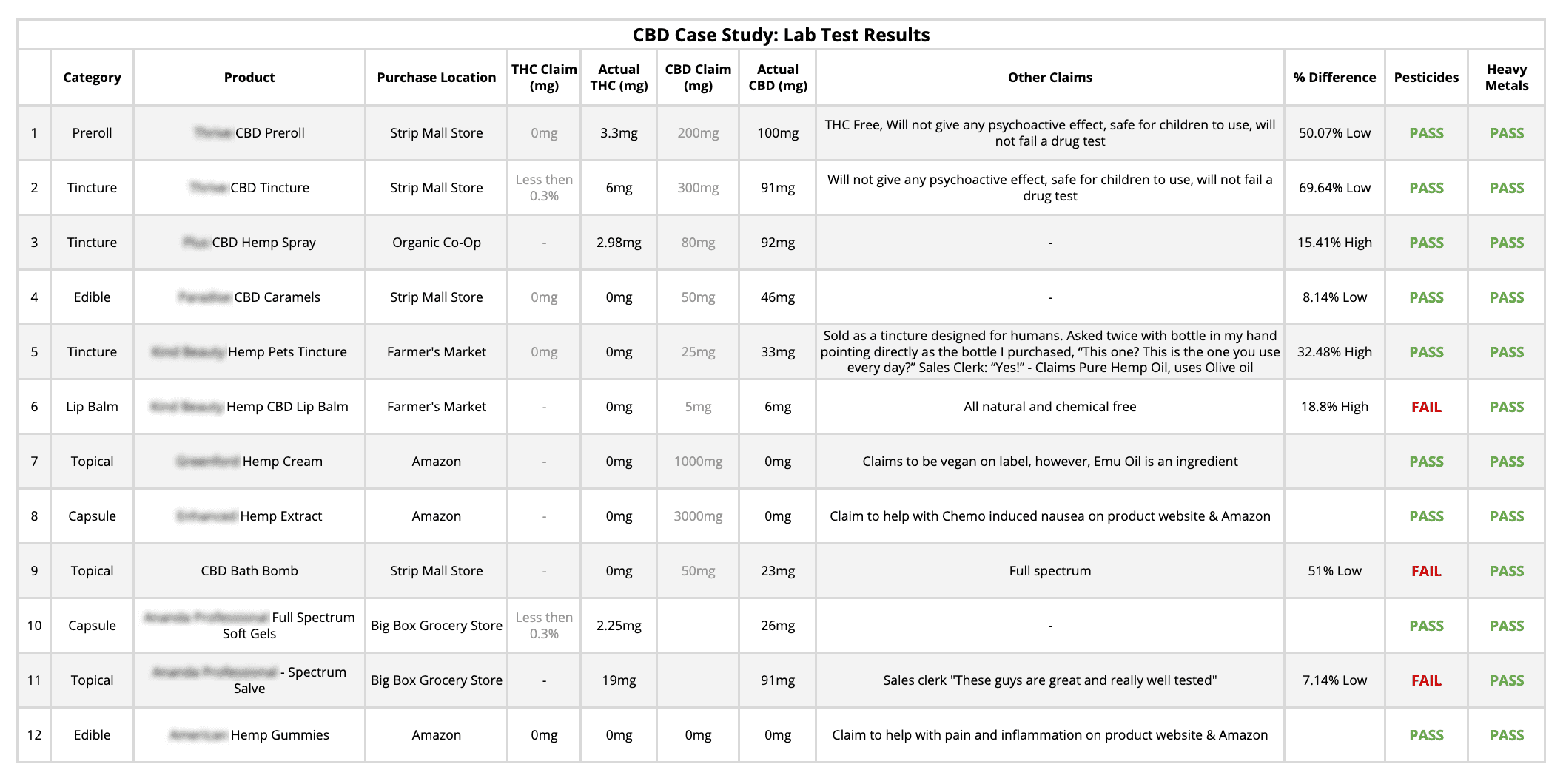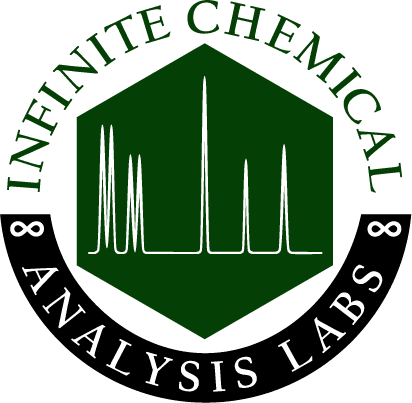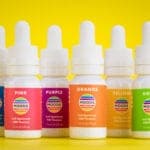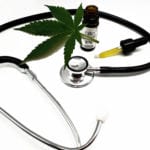Learn the truth about CBD products
The hottest word of the year has to be CBD. CBD is short for cannabidiol, one of the non-psychoactive elements that is found in both cannabis and hemp plants. From coast to coast in the United States and all over the world, conversations are buzzing about CBD products. New CBD brands making bold claims are popping up everywhere due to the lack of regulatory oversight by government agencies.
We found 12 hemp-derived “CBD” products in local strip mall shops, grocery stores, and through online retailers like Amazon. We wanted to determine if these off-the-shelf grocery store CBD products were truthful about the claims they made about their products, so we teamed up with Infinite Chemical Analysis Labs in San Diego, California to get right down to the truth.
We discovered some interesting results from these tests, which we will share with you in this article along with the following topics:
- Differences between hemp-based CBD and cannabis-based CBD
- Government statement on hemp based CBD sales in California
- How to access CBD legally in California
- Testing analyses of 12 off-the-shelf hemp CBD products
Let’s dive in and get started learning the truth about CBD products.
Hemp derived CBD vs. cannabis derived CBD.
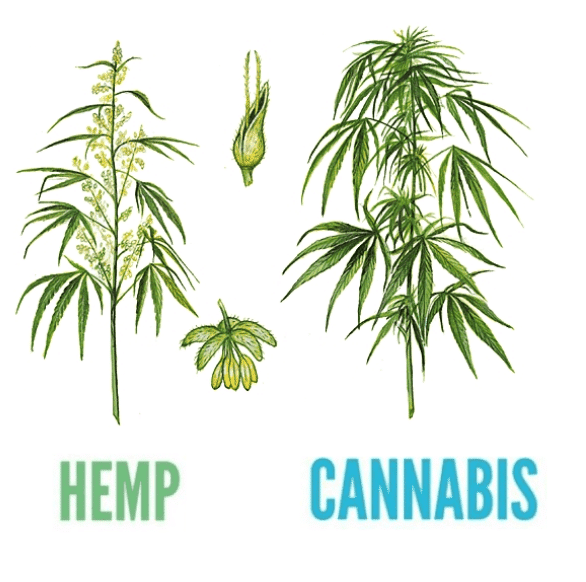
First, it’s important to understand the difference between the different types of “CBD” oils, specifically what is a CBD oil and what is not.
Hempseed Oil: Hempseed oil is just that — oil made from pressed hemp seeds. Think of it like grapeseed oil or olive oil. What is important to know about hempseeds is that they do not contain CBD, as this compound is only produced in the flowers and leaves of the plant. As a result, while hempseed oil contains a generous dose of Omega-3 fatty acids, it does not contain CBD.
Currently, the FDA views hempseed oil as a GRAS (Generally Recognized As Safe) consumer product. Furthermore, hempseed oil can be sold anywhere in the United States. Without CBD, it is not subject to the same regulations as other cannabinoid-containing products.
(Be wary of products claiming to be “CBD” products but are actually made with hempseed oil and therefore contain no CBD)
Hemp-Derived CBD Oil: CBD oil made from industrial hemp plant matter does contain CBD in quantities that are large enough to create high-potency CBD oil. However, hemp differs from cannabis in that it produces only trace amounts of THC — under 0.3%, according to the federal threshold.
CBD found in hemp is structurally identical to CBD found in cannabis, so there may be some benefits that can be acquired by consuming hemp-derived CBD products. However, it is important to note that without the whole spectrum of cannabinoids, terpenes, and other compounds found in cannabis, the full therapeutic potential of CBD is not attainable. In addition, industrial hemp is just that — industrial. It is not subject to the same strict regulations imposed on cannabis products. For that reason, one cannot be assured that their hemp product is free of pesticides, heavy metals, mold, and other harmful residues.
(Although hemp-derived CBD products do contain CBD, they are generally considered ineffective at alleviating most ailments because THC is needed to initiate the molecular pathway that allows CBD to interact with our bodies. In addition, hemp-derived CBD products may not be safe for consumption due to lack of regulation)
Cannabis-Derived CBD Oil: CBD oil made from the female cannabis plant also contains varying levels of THC, terpenes, and other compounds that lend to the distinctive aroma, flavor, and effect of a product. These compounds interact synergistically in a way that enhances the overall therapeutic impact experienced by the consumer. All legally-produced cannabis products in California are subject to strict regulations and must be tested for potency, pesticides, mold, heavy metals, residual solvents, and more in order to be sold in a licensed dispensary.
(CBD from the female cannabis plant is the most desired because it is paired with THC and other cannabis-specific elements that provide a chemical pathway for CBD to interact with our bodies. In addition, legally-produced cannabis products are highly regulated and therefore extremely safe)
What does the government say?
The California Department of Public Health (CDPH) recently issued a four page document with legal guidance on the sale of hemp based CBD products in California. The document states that hemp-derived CBD products meant for human or animal consumption may not be sold in stores in California. Only hempseed oil may be sold and used in products meant for human or animal consumption because it does not contain CBD. Below is an excerpt from the CDPH document:
When this document came out in the spring of 2018, it struck fear in the hearts of California hemp CBD retailers, but not enough to motivate them stop selling their products. This is where the legality of hemp-derived CBD gets tricky. Recently, a saying that ‘hemp is the new weed’ has gained in popularity since its products sit in a regulatory ‘grey area’ — similar to that of cannabis in California between the passage of Prop. 215 in 1996 up until Prop. 64 in 2018. However, now that cannabis is heavily regulated and taxed, it is no longer the cash grab that characterized it over the last 20 years.
A new class of entrepreneurs is instead turning to hemp-derived CBD to pad their wallets. Because these eager opportunists understand that the legality of hemp exists in a grey area, oftentimes they will sell their products worldwide without fear of enforcement. This will continue until the CDPH or the FDA steps in and starts enforcing licensing and testing standards for hemp-based CBD products.
To demonstrate the importance of regulating the hemp-based CBD market, we at Torrey Holistics decided to conduct a study of our own. We wanted to investigate if some of the hemp-based CBD products found on the shelves of grocery stores, health food shops, and gas stations meet the same potency and safety standards as the California cannabis industry.
How to access CBD legally in California
According to the CDPH, the only ways to access CBD legally in California is by purchasing it from a licensed cannabis dispensary or by obtaining a prescription for Epidiolex, a federally-regulated cannabis-derived CBD drug used for Epilepsy.
Every CBD product available at a licensed cannabis dispensary is sourced exclusively from female cannabis plants. Cannabis is closely regulated by both the Bureau of Cannabis Control and the CDPH, so CBD products sold in licensed cannabis dispensaries are held to regulatory testing and safety standards. Hemp-based products are not regulated by these entities and are therefore not allowed to be sold through dispensaries in California, as they are not held to any of the same standards intended to protect the safety of consumers.
Furthermore, any CBD product you see at your local grocery store or gas station is not legally allowed to be sold in California. Regardless, small retailers continue to do it anyway because there is no fear of enforcement. Oftentimes, they will make whatever claims necessary to make the sale of their ‘cure-all’ products.
Now that you have a better understanding of the differences between types of CBD and the regulatory landscape of CBD products in California, let’s dive in and take a look at 12 of these off-the-shelf CBD products, which we tested at Infinite Chemical Analyses Lab in San Diego, California.
(Generic photo of hemp CBD products, not the actual products examined in this study)
The 12 hemp-based CBD products we tested included a CBD preroll, tincture, edible, topical, bath bomb and capsules. We took these products to Infinite Chemical Analysis Labs where they conducted a full California state screening for THC potency, CBD potency, pesticides and heavy metals — the same testing standards cannabis products in California are held to.
Want to know what the results were? Drumroll…
The results
Testing conducted by Infinite Chemical Analysis Lab / San Diego, California
You can see from the table above that in many of the CBD products we tested there were huge variances in the claimed CBD content versus the amount actually present, with some containing no CBD at all! In addition, several of the products we tested that claimed to be made from hemp-derived CBD actually contained THC at levels greater than 0.3% (the federal threshold for hemp products). Furthermore, even if a product claims to be made from hemp, it can still show up on a drug test — even if THC is only present in trace levels.
Finally (and most importantly), several products tested positive for pesticides, one of which being Chlorpyrifos, a known carcinogen. While this is obviously concerning for the average consumer, it is especially so for those who use CBD to alleviate the symptoms of serious ailments like cancer.
Infinite Chemical Analysis Labs is a San Diego based testing lab that provides full service analytical testing. We understand the results we release directly affect the people consuming the products we test, which is why the analytical methods we use will always be held above the current legal standards.
Conclusion
The bottom line is that if you are considering purchasing a hemp-derived CBD product, practice extreme caution. Ultimately, the only way to get a safe, trustworthy CBD product is through a licensed California cannabis dispensary such as Torrey Holistics. When you purchase your CBD this way, you can be sure that what you see on the label is what you get.

